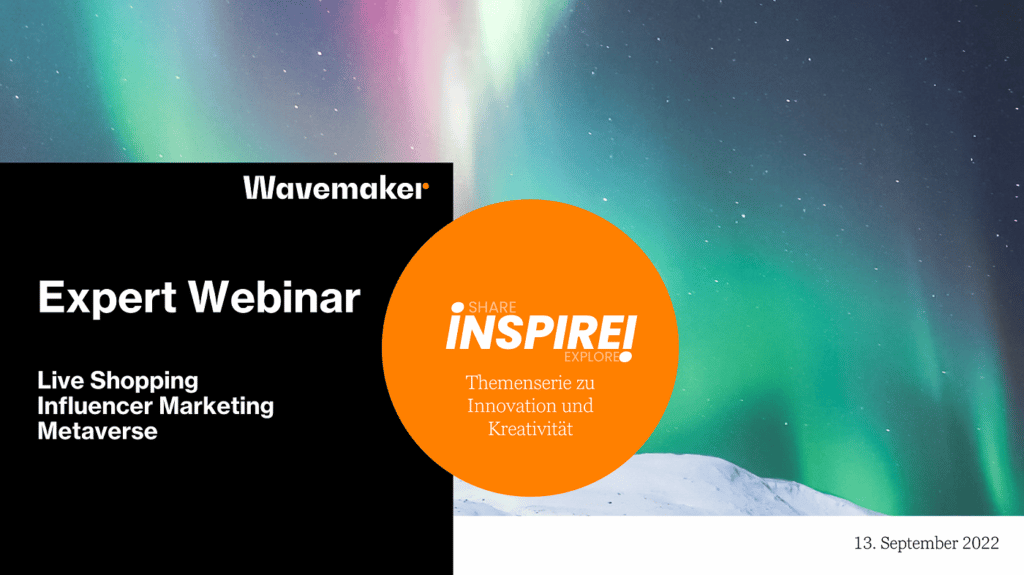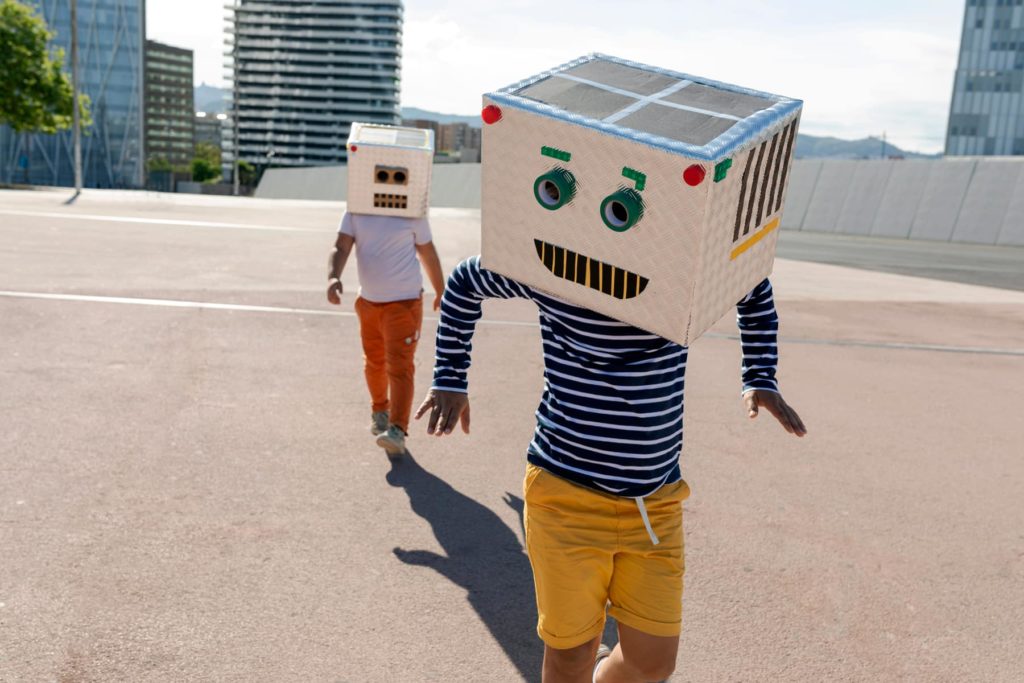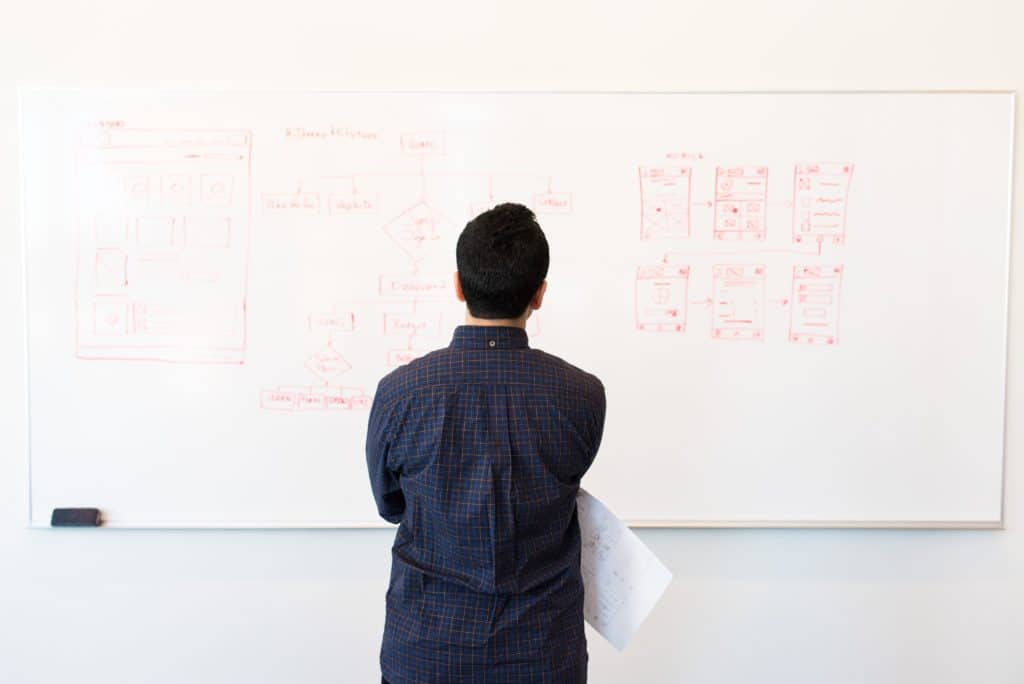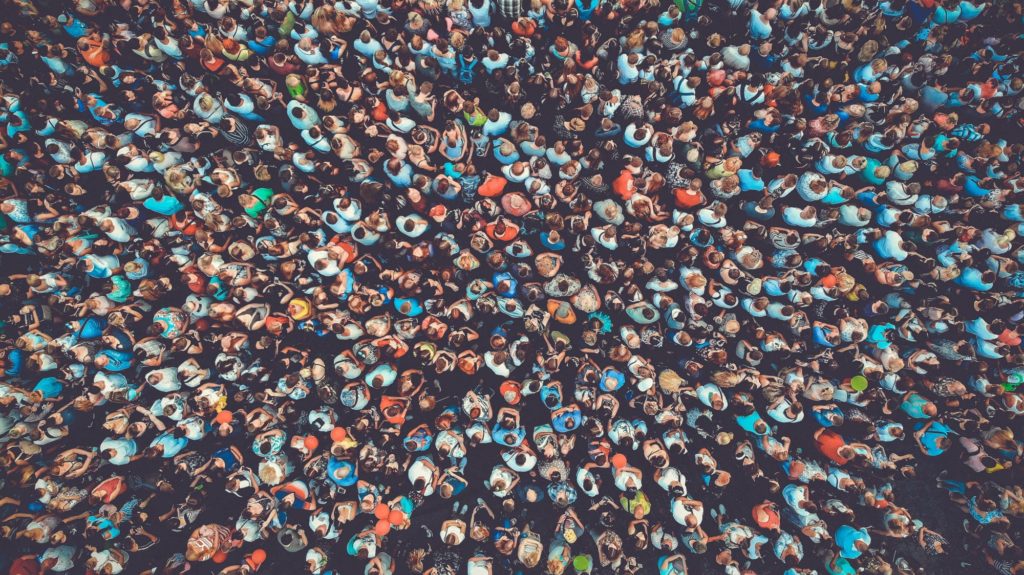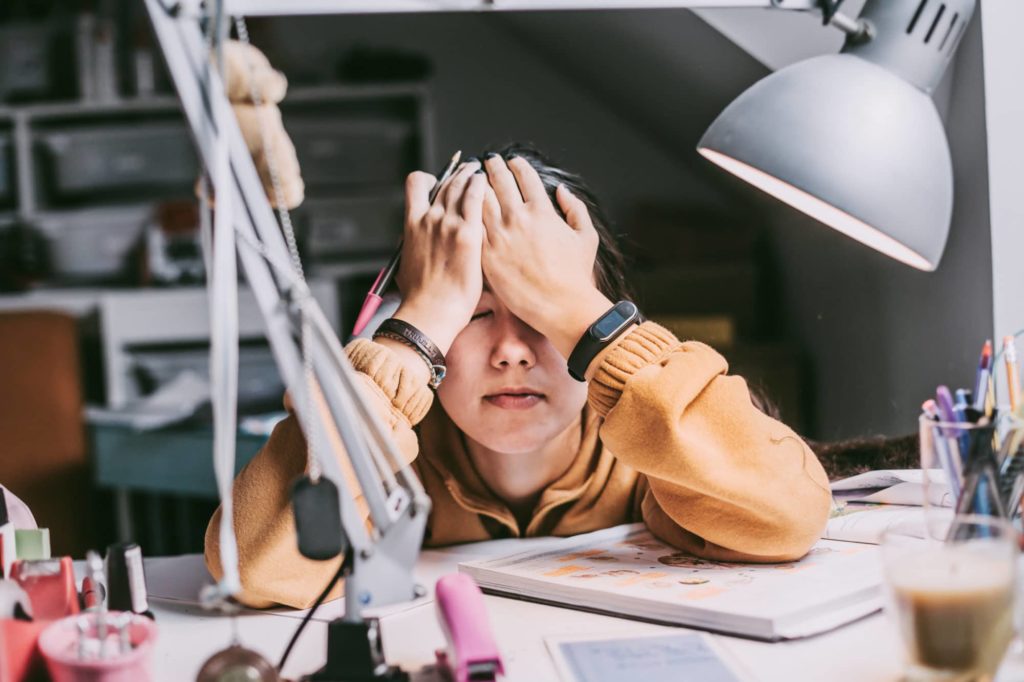The Provocateur: Wavemaker Experten analysieren zum Nachdenken anregende Themen und teilen mit uns offen ihre Meinung und Gedanken.
In this special edition, luxury experts from Wavemaker Italy and China debate fashion’s response to the seismic changes wreaked by COVID. Silvia Viti, Milan-based strategy lead for Chanel, and Azhar Shah, Shanghai MD and Chanel client lead, dissect the East/West dynamics and the opportunities for prestige brands open to a new future.
Luxury fashion has always been a resilient industry, a parallel runway not shaken by big financial breakdowns. But the COVID-19 earthquake has unbalanced even this rarefied sector – it has had an economic impact of course, but more tellingly a social and emotional impact on consumers that is transforming the sector.I
As with all crises, there will be leaders and followers. Fashion’s big players are already making their moves; some forging a new future, others resisting change to a sector built on heritage and tradition.
One global story, two human extremes
It’s a global phenomenon – the personal luxury goods market recorded -23% growth in 2020II , the first decline in a decade – with multiple local expressions. The speed and breadth of the recovery has been fragmented. With international travel restrictions and a quicker economic rebound, China has seen local market growth and Asian markets are expected to follow while the Americas and Europe are likely to stabilize rather than return to pre-crisis levels. III
In Europe, lockdowns and local restrictions have changed consumer habits. Europeans have embraced a new indoor life powered by digital: remote working, remote learning, remote shopping and even remote partying. This sedentary lifestyle, coupled with the impossibility of planning too far ahead and financial caution – except for the super-rich ‘1%’ and luxury brand VIPs – has disrupted the desire for high-end fashion and upended the Purchase Journey.
In China, COVID had an immediate impact with 2-3 months of very locked-down living, but affluent consumers quickly rebounded and ‘revenge shopping’ (frustrated citizens celebrating their freedom with a spending spree) took off. While status symbols may have moved on from brazen logos, luxury fashion proved as desirable as ever, especially with high-end experiences such as food, entertainment and travel a distant prospect at the time.
There was also an acceleration in China of new attitudes emerging pre-COVID. The paradox of purposeful and hedonistic living – wealthy consumers giving back to the community, learning new skills and connoisseurship, combined with activities for sheer enjoyment, whether gaming, short video, or livestreaming as a release from daily stresses. Plus time as a new form of status, an increased desire for social belonging and stronger national pride.
A longer-term trend to watch everywhere is the impact of our changing cities. If people continue to move farther out of places like London and New York as remote working becomes the norm, it will disrupt the way luxury brands congregrate their distribution channels in these wealthy hotspots
Aspiration for all
Prestige houses like Chanel, Gucci and Burberry were among the first to react to the pandemic, repurposing manufacturing and donating funds. The innovative have built upon this new agility to accelerate trends that were already simmering.
In Western Europe, brands put purpose at the core of a shift to local (crucial in a no-travel world). In June, Dior broadcast its Cruise show from a small desert town in Lecce in the south of Italy. This resonated as a strong message of hope for the Italian luxury and craft industries.
Armani seized the moment to rethink its role, writing a letter inviting the fashion industry to embrace more sustainable production rhythms and denouncing the superfluous (including shows). The brand was as good as its word – in September Armani broadcast its Spring/Summer 2012 show on TV, dedicated to everyone ‘with no hierarchies or privileges’ IV.
The pandemic has pushed sustainability up the fashion agenda as in other sectors, but with a nuance. COVID has propelled consumers along a path they were already heading down – towards treasuring products that have longer-lasting value from wonderful craftsmanship and precious materials.
Democratisation took a more commercial form in the highly-advanced digital commerce of China. With pressure to drive sales given weakness in other parts of the world, brands rapidly entered into third-party ecommerce platforms.
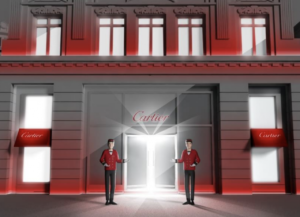 They often did so with entry-level products, such as Cartier re-promoting its Trinity ring shortly after the launch of its TMall store as a way to recruit new buyers. Cartier also further leveraged Douyin (TikTok) as a route to a new GenZ audience. More brands focused on driving conversion, especially via social platforms, in key gifting moments with higher investments.
They often did so with entry-level products, such as Cartier re-promoting its Trinity ring shortly after the launch of its TMall store as a way to recruit new buyers. Cartier also further leveraged Douyin (TikTok) as a route to a new GenZ audience. More brands focused on driving conversion, especially via social platforms, in key gifting moments with higher investments.
A more extreme example of this new aspiration-for-all attitude was Louis Vuitton livestreaming its Spring Summer 2021 menswear show, hosted in Shanghai, on mega LED screens in key cities.
Of course, this is a double-edged sword for luxury houses, with a fear that the brand can become diluted, especially in the absence of exhibitions and events that supported their heritage and differentiation in previous years. The trick is to appeal to a broader audience while retaining the sense of exclusivity that gives luxury its cachet and desirability.
Luxury as experience
Despite the differences between East and West, one thing is certain. In the past year ancient luxury taboos have been broken. And not just in fashion; in June Sotheby’s livestreamed a global art auction for the first time, choreographed by cinematographer Joel MischonV. Luxury brands are assuming a new role: from producers of exclusive items for the few, to broadcasters of meaningful experiences for all.VI
Gucci has been one of the first to put experience design at the core of the brand strategy; mixing traditional and digital media to transform campaigns, turning boutiques and ecommerce into augmented experiences designed by artists. This has helped to grow buzz and business, engaging a new generation of luxury buyers and exciting existing ones.

In January Chanel launched a new podcast series, Chanel Connects, with talent from film, art, architecture, dance, music, and fashion talking about the future of culture. Tilda Swinton, Pharrell Williams, Tamara Rojo and Amanda Harlech are just some of the names that will connect people to the brand in these still-virtual times, as well as continuing its work in supporting the arts.
It’s a divisive time. Some fashion brands have used the crisis as an opportunity to drastically rethink their business; others are sticking to the old ways, delaying campaigns, questioning spend, sitting and waiting for the right moment to reboot.
But tactical promotions and long silences are pulling these reluctants far from people’s minds and hearts. Whether it’s via AR, VR, gaming or immersive videos, there has never been a better time to create a sense of dream, or aspiration. And never more opportunity to cater to the individuality that is demanded of luxury, for example via one-to-one live-stream consultations. All accelerated by the potential of 5G.
The luxury world has changed, the gap between the timid and the brave is widening – it will be a tough road to recovery for those left behind.
DOWNLOAD PDF
References
II Bain&CompanY, Worldwide Luxury Market MonitorS, 2020
III Bain&Company, Luxury After Covid-19: Changed for (the) Good? March 26th 2020
IV Giorgio Armani, interviewed by the Italian newspaper Il Fatto Quotidiano, 30th September 202.
VI Interbrand, Desire in the Decade of Possibility, Best global brands 2020.
VII The New Luxury. Defining the aspirational in the Age of the Hype, published by HIGHSNOBIETY, 2019.



